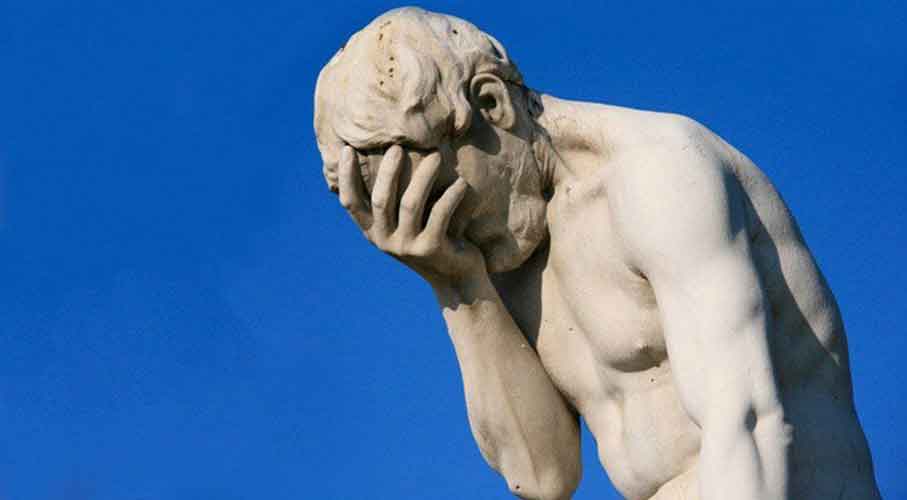The new reinterpretation of the 1961 Wire Act that was delivered by the United States Department of Justice at the beginning of the year has caused quite stir in states with online gaming industries and those that have been considering the interactive gaming laws. Now, as the legal battle between the State of New Hampshire and the Department of Justice over the interpretation continues to rage on, it is becoming clearer that the much of the argument hinges on the semantics and grammar. This present a rather odd situation where the United States First Circuit Court attempts to decipher the original intent of the author of the law which was written way back in 1961.
According to Judge Paula Barbadoro, one of the people presiding over the case, the disputed opening passage of the Wire Act is “a mess of a statute”. He further noted that sometimes the people who author laws are, without a doubt, “imperfect grammarians”.
The Coalition to Stop Internet Gambling’s (CSIG) Two Cents
Earlier this week, the Sheldon Adelson—backed Coalition to Stop Internet Gambling (CSIG) gave its take on the semantics debate. The anti-interactive gaming lobbyist group gave a definition of the term “whoever” that, in so many ways, defies hundreds of years of legal precedent. The controversial opening paragraph that is causing all this debate reads as follows:
“Whoever being engaged in the business of betting or wagering knowingly uses a wire communication facility for the transmission in interstate or foreign commerce of bets or wagers or information assisting in the placing of bets or wagers on any sporting event or contest, or for the transmission of a wire communication which entitles the recipient to receive money or credit as a result of bets or wagers, or for information assisting in the placing of bets or wagers, shall be fined under this title or imprisoned not more than two years, or both.”
According to the Coalition to Stop Internet Gambling (CSIG), “whoever” refers to everyone and everything – this includes all the governments, and all the states, as well as private persons and entities. The group is clearly attempting to demonstrate that the states are breaking the law by offering online gambling. However, they definitely did not do their homework before making the very bizarre statement that breaks with legal tradition. Since time immemorial “whoever” has never referred to government entities. This is why lawsuits filed against government entities always name prominent individuals associated with the that given government entity.
Perhaps it is time for Sheldon Adelson and his band of lobbyists return to the drawing board so that they can furnish up a more relevant argument.









